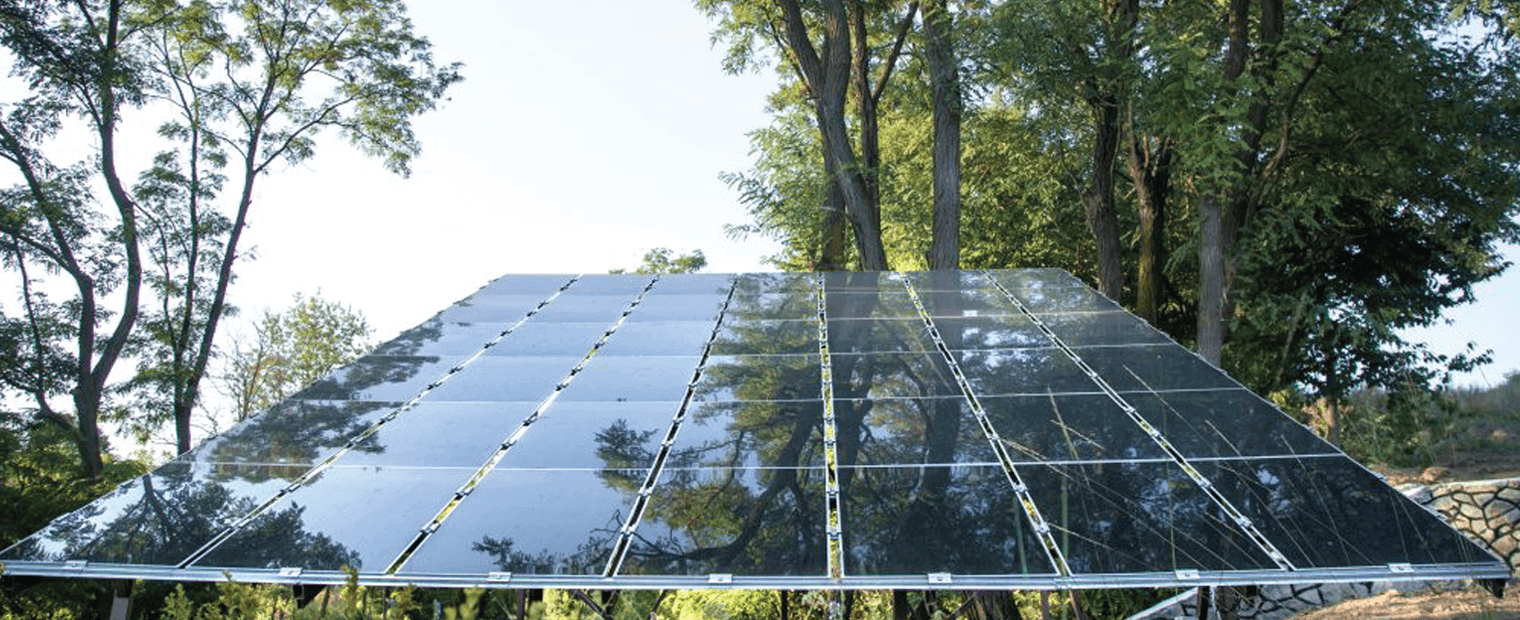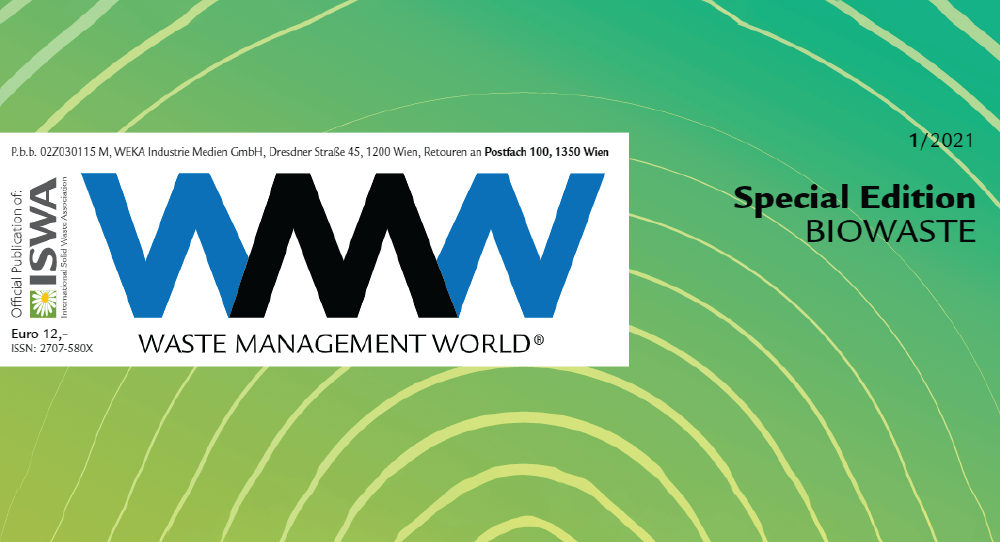It’s an exciting time to be green in Israel, with Israeli CleanTech startups recognized as global leaders in sustainable innovation and clean technology development. From emerging healthcare technologies to revolutionary water systems and new approaches to waste management, these eco-friendly Israeli startups bring exciting initiatives to the sustainability table.
Israel as a CleanTech Hub
Israel’s start-up ecosystem is at the cutting edge of CleanTech and GreenTech, using groundbreaking technologies to promote more environmentally friendly and ecologically responsible decisions and manufacturing processes. In 2020, close to $10 billion was invested in privately-held Israeli tech firms, an increase of 27% over the previous year. Experts agree Israeli CleanTech companies “will continue to be a source of attraction for leading international, financial, and strategic players.”
CleanTech Companies in Israel to Watch
Dubbed the “Start-Up Nation,” Israel has more start-ups per capita than any other country in the world. It’s also no surprise the country is ranked #6 in the 2017 Global CleanTech Innovation Index, as wherever enterprising Israeli entrepreneurs see challenges and needs, they look for ways to address them.
Here are just a few of the more than 600 Israeli CleanTech startups combatting climate change and embracing new approaches to environmental protection, waste management, renewable energy, and water treatment.
Environmental Protection
GHG-driven global warming trends are occurring at a faster pace, and all evidence points to urgent action being needed to stem the growing tide of hurricanes, floods, and disease outbreaks. In Israel, a number of startups and established companies are doing their part for the environment, particularly in the area of low carbon mobility.
ElectReon aims to create and build the first electric city road in the world. Chakratec is finding new ways to meet EV charging demands while bypassing the problem of insufficient grid power. In 2018 the startup introduced a 10-minute charge for electric cars whose technology sounds like something out of a sci-fi novel: floating flywheels suspended in mid-air by magnetic levitation.
Renewable Energy
Fossil fuels such as coal, gas, and oil still account for 80% of the world’s energy mix. As demand increases, new ways must be found to significantly cut their harmful emissions. Renewable energy sources like wind turbines, solar farms, hydrogen generators, and wave and hydropower plants are becoming more competitive and accessible. Synvertec develops software solutions to improve power grid stability and change how grids are managed. Blue Sphere develops waste-to-energy plants designed to generate biofuels from food and farm waste.
Water Treatment and Efficiency
As water becomes scarcer and more expensive, modern wastewater maintenance and treatment processes must ensure access to sufficient supplies. Watergen, an Israeli-based global company, develops water from air solutions in its quest to provide high-quality drinking water for people everywhere. Aqwise is a world leader in developing and implementing of water and wastewater treatments for municipal and industrial markets.
Waste Management
The seemingly unstopped growth of global trash is wreaking havoc on people, animals, and the greater ecosystem. With only 9% of plastic recycled the rest, sadly continues to make its way to rivers, oceans, and man-made landfills. Recent Israeli initiatives focus on reversing this trend with startups developing new biodegradable materials. Tipa produces compostable bio-plastic packaging that’s as durable and impermeable as conventional plastic. Wasteless is developing a promising machine learning-based technology that facilitates dynamic pricing where produce that would typically be discarded is discounted as its expiration date gets closer.
UBQ Materials is a proud member of the Israeli startup coalition dedicated to better waste management. Its sophisticated transformation process takes common household trash and garbage, including cardboard, plastics, diapers, and more, and converts them into a climate-positive thermoplastic that is sustainable, recyclable, and doesn’t rely on fossil fuels for its production.
While there will always be a place for startups that aren’t CleanTech focused, the need to solve the global warming crisis is a serious one. Fortunately, many Israeli startups, including UBQ, are meeting the challenge head-on. But they can’t do it alone. Investors, policymakers, and leading corporations must all play a significant role.


